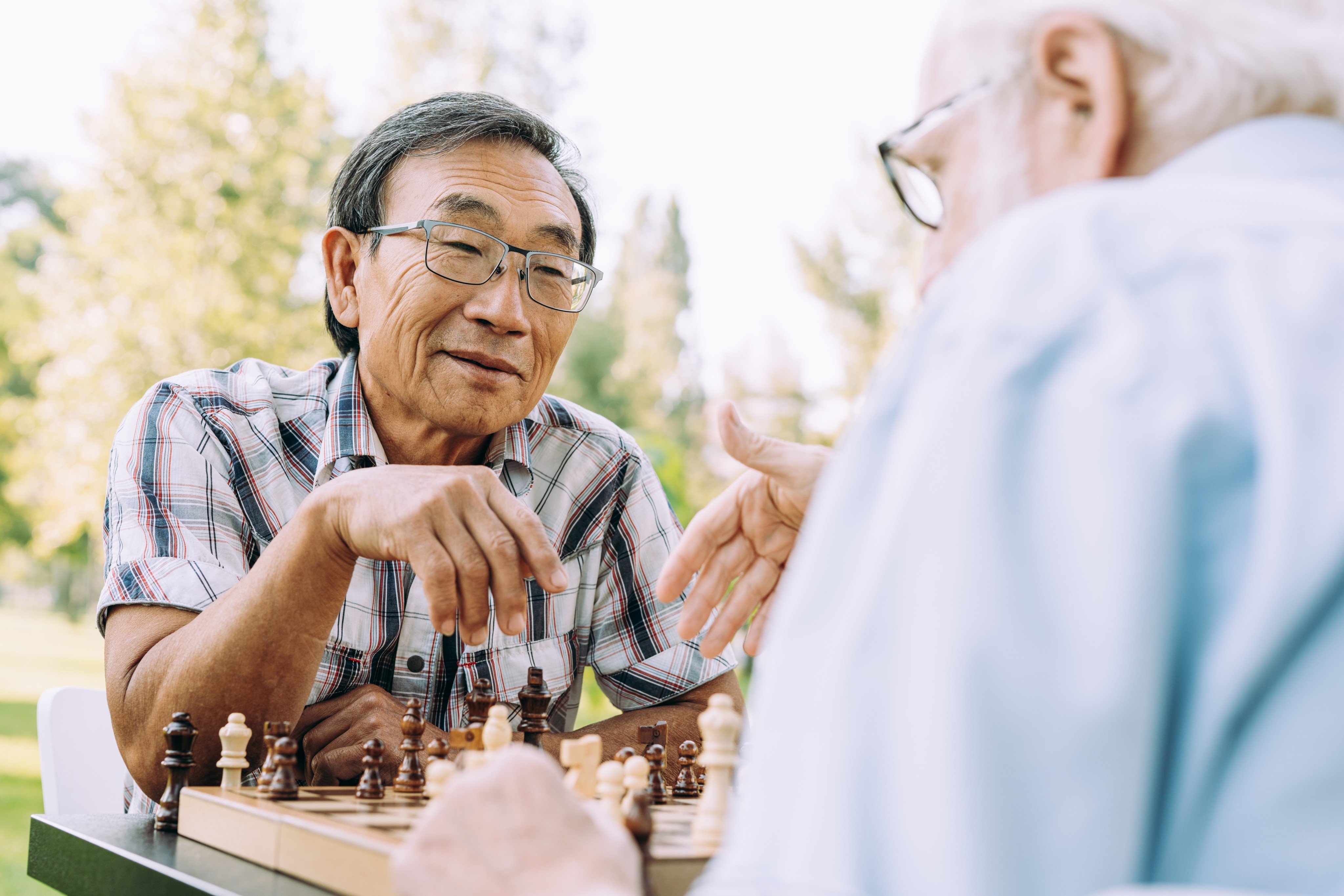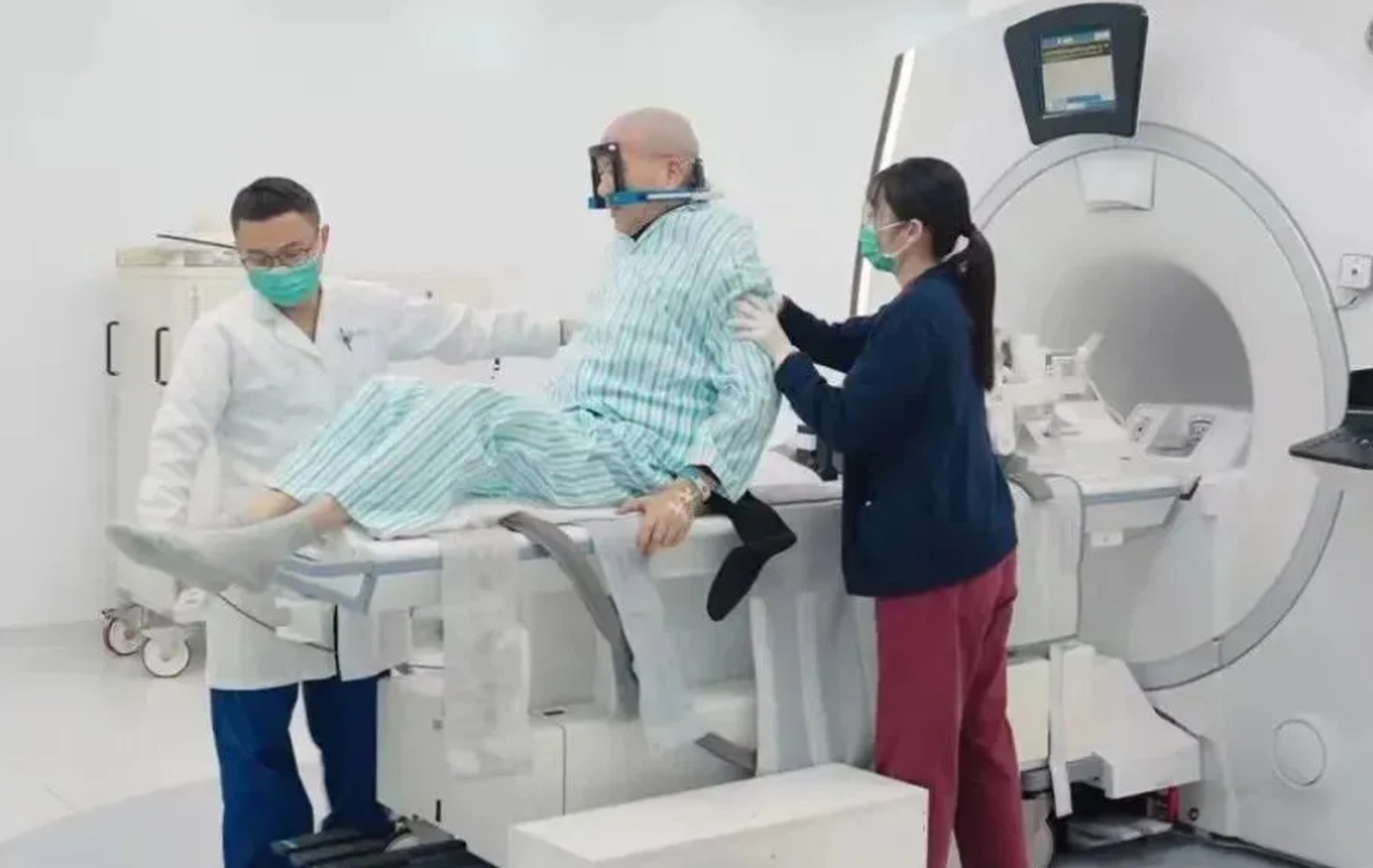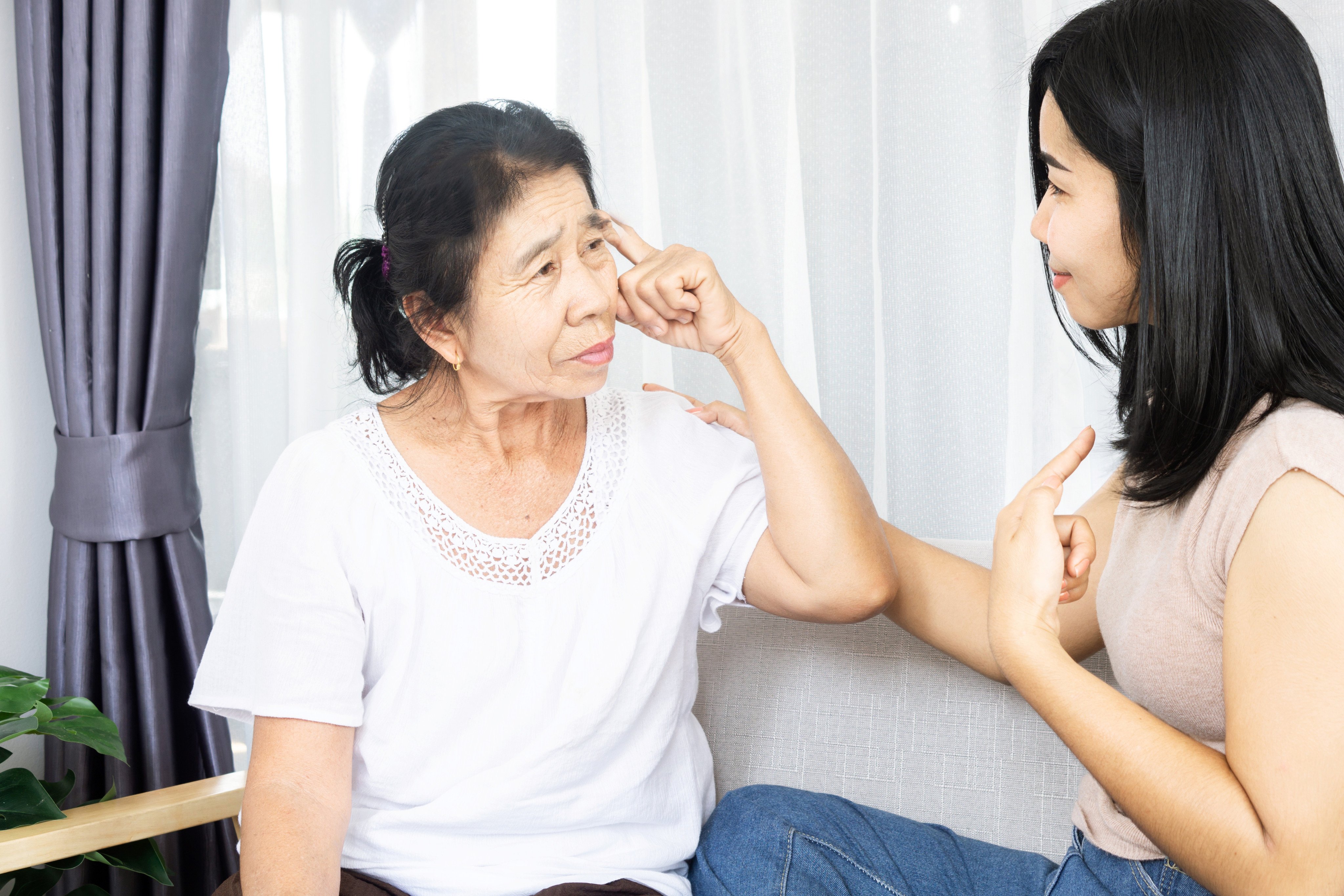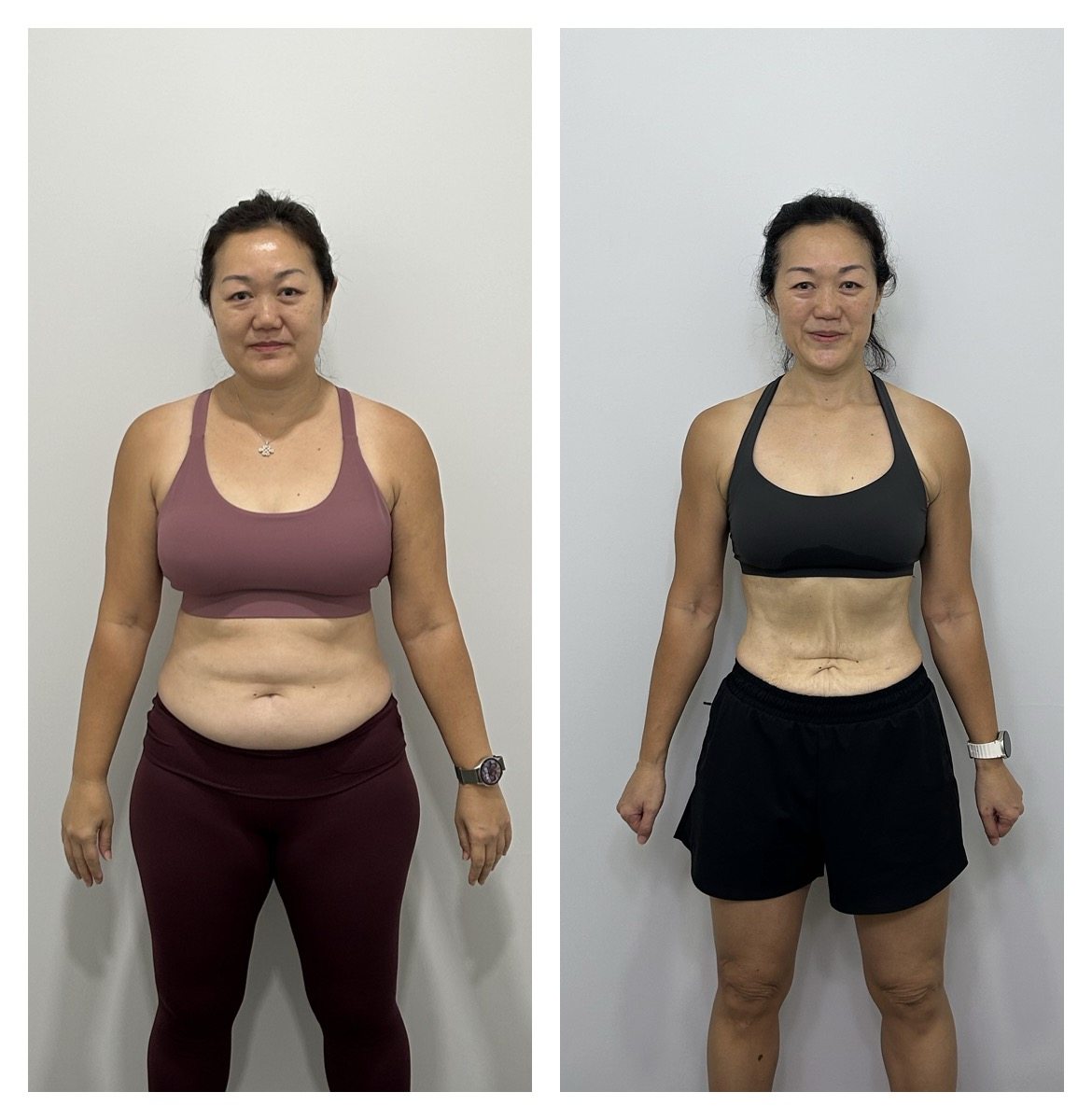Advertisement
Advertisement
TOPIC
Dementia
Dementia
This condition – which robs people of their memory, their ability to think and make decisions – affects more than 55 million worldwide. Here’s where you’ll learn what you can do about dementia, from changing your lifestyle to lower your risk of getting it to spotting the warning signs in older people. Discover the latest news on potential drugs to treat, even cure, the disease, and the best ways to manage it.
Help preserve 120 years of quality journalism.
SUPPORT NOWAdvertisement
Advertisement
Advertisement
Advertisement
Advertisement
Advertisement
Advertisement
Advertisement
Advertisement
Advertisement
Advertisement
Advertisement











